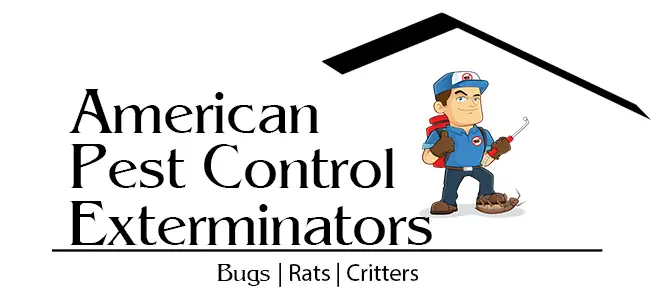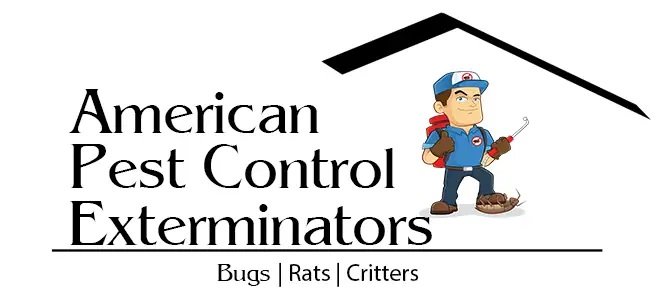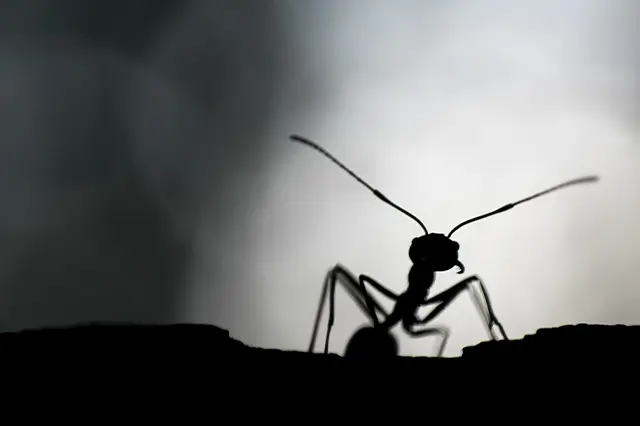
The Pros and Cons of Different Ant Control Methods: Which is Right for You?
Introduction
Ants may be small, but they can cause a lot of frustration and damage to your home. Depending on the kind of ant you’re dealing with, they can enter and infest your home in huge numbers if not dealt with quickly. That’s why you need to know which ant control methods work best for different kinds of ants. In this blog post, we will discuss the pros and cons of several different ant control methods so that you can make an informed decision about which is right for you. We will explore DIY solutions, commercial products, and more—so keep reading to find out how to take back your home from these unwanted pests!
Different types of ant control methods
Different types of ant control methods vary in their effectiveness, costs, and side effects. Some common ant control methods include baits, sprays, dusts, and gels. Baits are effective against most species of ants and can be used indoors and outdoors. However, baits can be expensive and may require multiple treatments. Sprays are less effective than baits but are easier to use. Dusts are effective against most ant species but can be harmful to humans and pets if not used correctly. Gels are effective against some ant species but can be difficult to apply.
– Chemical
There are many different chemicals that can be used to kill ants, but they all come with pros and cons. Some chemicals are more effective than others, but they may also be more dangerous to humans and pets. Here is a look at some of the most popular ant control methods:
• Boric acid: This is a common ingredient in many ant baits and traps. It is very effective at killing ants, but it can also be harmful to humans and pets if it is ingested.
• Ammonia: Ammonia is another common ingredient in ant baits and traps. It is also effective at killing ants, but it can be corrosive and cause respiratory problems if it is inhaled.
• Pyrethrin: This chemical is found in many insecticides. It is effective against ants, but it can also be toxic to humans and animals if it is ingested or inhaled.
• Diazinon: This pesticide is commonly used to kill ants. It is effective, but it can be very toxic to humans and animals if it is ingested or inhaled.
• Borax: This is a common ingredient in many ant baits and traps. It is very effective at killing ants, but it can be dangerous to humans if it is ingested.
• Neem Oil: This natural pesticide is derived from the neem tree and is effective against ants. It is not toxic to humans or animals, but it can have an unpleasant smell and taste.
• Orange Oil: This natural pesticide is derived from oranges and is effective against ants. It is not toxic to humans or animals, but it can have an unpleasant smell.
• White Vinegar: This natural pesticide is derived from vinegar and is effective against ants. It is not toxic to humans or animals, but it can have an unpleasant smell.
• Ant Baits and Traps: These products contain a variety of chemicals, including boric acid, pyrethrin, and diazinon. They are effective at killing ants, but they can be dangerous to humans and pets if they are ingested or inhaled.
No matter which ant control method you choose, make sure to read the product label carefully and follow the directions for safe use.
– Physical
When it comes to ant control, there are a few different approaches you can take. Each method has its own pros and cons that you should consider before making a decision. Here is a look at the most common ant control methods:
– Physical barriers: Physical barriers such as sealants and baits can be effective at preventing ants from entering your home. However, they need to be regularly reapplied and may not be able to keep out all types of ants.
– Chemical sprays: Chemical sprays are designed to kill ants on contact. They can be effective at controlling an existing ant problem, but they may also pose a risk to your family and pets if used improperly.
– Ant baits: Ant baits are designed to attract ants so they can ingest a poison that will kill them. This method is often considered the safest and most effective way to get rid of ants. However, it can take several days or weeks for the baits to work.
– Natural repellents: Natural repellents such as citrus oil, cinnamon, and cayenne pepper can be effective at keeping ants away from your home. However, these methods may not be strong enough to completely eradicate an existing ant problem.
No matter which method you choose, it is important to research and understand the best practices for ant control before you start.
– Biological
There are a few different options when it comes to controlling ants biologically. One option is to use ant baits. These are substances that ants feed on and then take back to their nests, where they share it with the rest of the colony. The active ingredient in ant baits is usually an insecticide, which kills the ants.
Another option is to use beneficial nematodes. These are tiny worms that parasitize ants and other insects. The nematodes enter the ant through its mouth and release bacteria that kill the ant from within. They can be effective against a wide variety of pests, including ants.
Finally, some ant species can be controlled through the use of beneficial insects. Ladybugs, for example, are a natural predator of ants and can help to keep their populations in check. Similarly, spiders can also feed on ants and help to reduce their numbers.
Pros and cons of each method
There are a few different methods of ant control, each with its own set of pros and cons. Here’s a look at some of the most popular methods to help you decide which is right for you:
• Chemical sprays: Chemical sprays are one of the most popular methods of ant control. They’re effective at killing ants and they’re relatively easy to use. However, they can be harmful to humans and pets if not used properly, and they may not be as effective against certain types of ants.
• Bait traps: Bait traps are another popular method of ant control. They work by attracting ants with a sweet or food-based bait and then trapping them inside the trap. The main advantage of bait traps is that they’re safe to use around children and pets. However, they can be messy and some people don’t like the idea of killing ants.
• Physical removal: Physical removal is a less common method of ant control, but it can be effective if done correctly. This involves manually removing ants from your home using a vacuum cleaner or other similar device. The advantage of this method is that it doesn’t require the use of any chemicals. However, it can be time-consuming and it’s not always possible to remove all the ants this way.
• Natural methods: There are also a variety of natural methods for ant control, such as using certain plants or oils to repel ants. These can be effective, but they may not work for all types of ants. Additionally, some natural methods may not be safe to use around humans or pets.
No matter which method you choose, it’s important to stay vigilant and continue to monitor for ant activity. If the problem persists, then you may need to try a different method or contact a professional pest control company for help.
What type of ants are you dealing with?
The most common type of ant in the United States is the carpenter ant. These ants are attracted to wood, so they often build their nests inside homes. Carpenter ants can cause damage to your home as they excavate their nests.
Other common types of ants include odorous house ants, pavement ants, and pharaoh ants. Each type of ant has its own behaviors and preferences, so it’s important to identify the type of ant you’re dealing with before choosing a control method.
Conclusion
Ant control can be a tricky and time-consuming process, but with the right methods and techniques, it is possible to keep your home free of these pesky insects. Each of the ant control methods discussed here has its pros and cons so do some research before deciding which one is best for you. With the help of an experienced exterminator and good preventive measures, you can find an effective way to get rid of ants in your home and enjoy a pest-free environment again.

